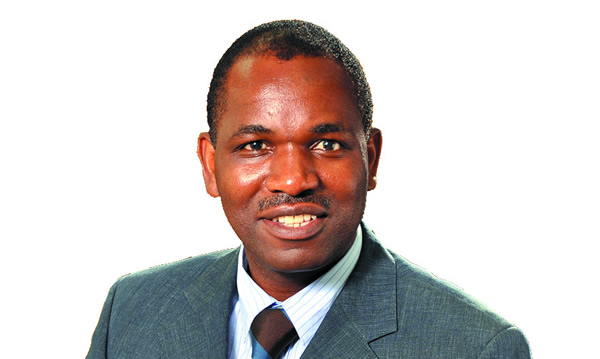By Kudzai Chawafambira
HARARE – Telecommunications companies should find common ground before implementing an infrastructure sharing framework to ensure fair treatment of other players that have already heavily invested in their businesses, a renowned lawyer has said.

Tawanda Nyambirai of Mtetwa and Nyambirai Legal Practitioners last week said that government’s position was that it would not expropriate any infrastructure belonging to any particular operator and that no company will be able to use another company’s infrastructure for free.
“A framework that will recognise the fact that infrastructure was developed at a cost will be put in place. In that regard it’s very positive and very progressive,” Nyambirai told the press on the sidelines of a meeting between Information and Communication Technology minister Supa Mandiwanzira and top industry executives to map out the ICT infrastructure sharing.
Representatives from the top players in the telecommunications industry present at the meeting included Econet Wireless, Telecel, Dandemutande, NetOne, and TelOne among others.
The meeting was a follow up to the ultimatum handed by Mandiwanzira recently for telecommunications companies to sign the infrastructure sharing agreement within 90 days before it can be implemented as government policy.
Currently, Zimbabwe’s telecommunications operators individually invest and own infrastructure, giving established ones a competitive advantage.
Nyambirai, who was invited by Mandiwanzira in his capacity as a consultant and not as Econet Wireless Zimbabwe’s legal representative said that government and industry players are all in agreement that infrastructure was developed by operators at a cost and at a time when the regulator, Postal and Telecommunications Regulatory Authority of Zimbabwe (Potraz) promoted competitiveness based on deployment of infrastructure.
“We agree that now there is a threat that the entire industry is facing, more particularly arising from unregulated international services such as Facebook, WhatsApp and Google that ride on infrastructure developed using Zimbabwean capital. They have models whereby they don’t collect revenue here in Zimbabwe, they collect it outside the country,” he said.
Furthermore, Nyambirai noted that the global service providers do not in any way contribute to infrastructure development, taxation or any costs associated with doing business in Zimbabwe yet they compete for the same revenues local operators also chase to recuperate their costs of doing business.
“There was no solution that was proffered. The fact that the (ICT) ministry is alive to that threat the industry is facing as a whole is very important and was acknowledged. There was no particular view on how that threat can be combated. We cannot swim against the tide when it comes to developments in technology otherwise you become irrelevant to the consumer,” he said.
He added that government needed to be dynamic and work on the regulatory environment to ensure that it is equally competitive for the local operators.
Infrastructure sharing can take a number of forms based on the degree of sharing that is permissible, and depending on the existing licensing and regulatory frameworks as well as national priorities.
In broad terms, infrastructure sharing can be based on the passive elements of a telecommunications network, which is often referred to as “passive infrastructure sharing” or can be based on the active elements also referred to as “active infrastructure sharing”. Daily News






